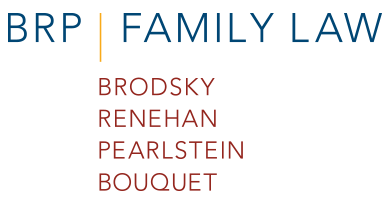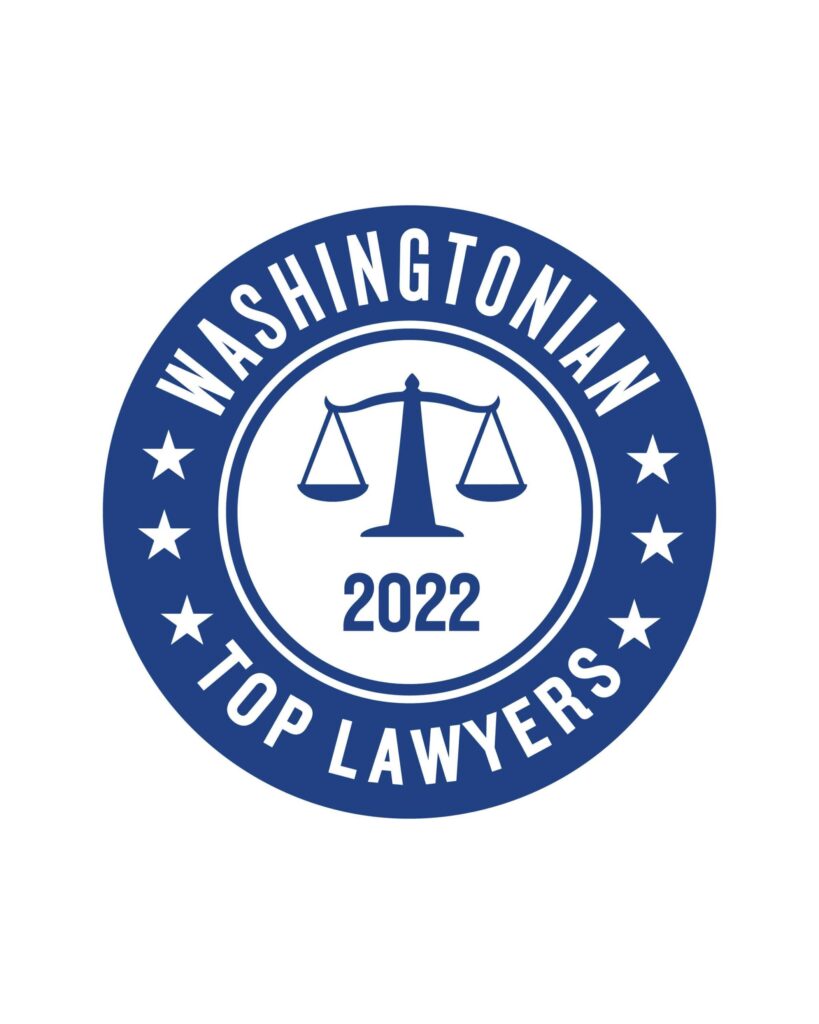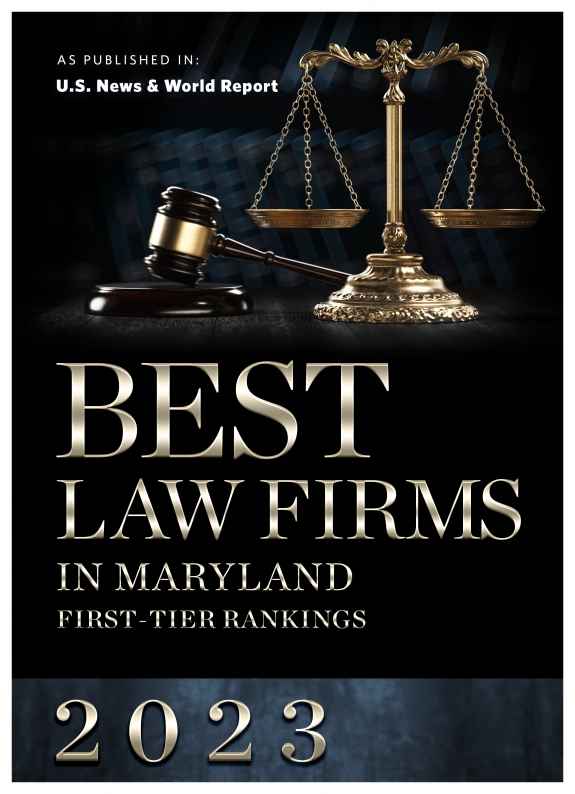Free range parenting is buzzing in the news. What lessons are there to be learned from it, especially concerning child custody proceedings in Maryland and Washington, DC? Free range parenting has become a hot topic after Silver Spring, Maryland parents (Danielle and Alexander Meitiv) were investigated by Child Protective Services (CPS) for child neglect. The reason? They allowed their six and ten year old children to walk a mile to a park – alone.
CPS told them their actions were neglectful. The Meitivs disagreed and argued that they were teaching their children independence. In fact, they taught the children where to walk, how to cross the street and what to do if they got into trouble. They are now suing CPS alleging that the agency can’t tell them how to raise their children.
So, who’s right and who’s wrong? The answer is unclear and will vary based on the definition of neglect, abuse and the facts and circumstances of the situation. However, the important family law lesson for parents, especially for those in a custody dispute, is that many actions can trigger a CPS investigation. Once an investigation is launched it will almost certainly impact your child custody proceedings or agreements.
Every Action Has A Reaction
We’ve all heard the saying, but it is especially true when it comes to free range parenting. In fact, a parent’s judgments are often viewed through a fishbowl when it comes to custody. Once a CPS investigation has begun they will find themselves under a microscope – and the consequences can be harsh.
Parents in a custody situation have to be very careful. When courts become involved every decision can be scrutinized. Once CPS gets involved, it becomes a separate proceeding and can affect how the court decides child custody matters.
Here’s an example. Say you are a divorced mother with custody of a seven year old son who is exceptionally mature for his age. You allow him to walk three blocks from your side-walked, suburban home to visit his friend. Is this neglectful? Probably not. However, what if it were six blocks? What if it were New York City? What if the child weren’t mature?
You can see the slippery slope and how it is an “opportunity” for non-custodial parents who may be looking for ways to obtain legal or physical custody to cry foul. In fact, just the “hint” of abuse or neglect will send most non-custodial parents running back to CPS and court for a modification.
How To Deal With CPS Intervention
Can you avoid CPS intervention altogether? The answer is no. As we discussed above, it’s impossible to have “rules” for every situation. Therefore, judgment is involved. A lot of judgment. The best way to handle CPS intervention is to discuss any matter you feel might affect custody with your family law attorney. Using an attorney with significant experience in dealing with CPS or with the Office of Administrative Hearings (Department of Human Resources) is also very important.
If you are involved in custody proceedings or currently have an existing custody arrangement, there are a couple of things you should consider:
- Be hyperaware. Additional scrutiny means you must consider the fallout which may occur from a seemingly innocent decision.
- Discuss issues with your family law attorney if you are concerned. If notified of a CPS investigation then you should immediately contact your attorney. Do not try to navigate it yourself. It can be a treacherous process full of risk and harsh consequences.






